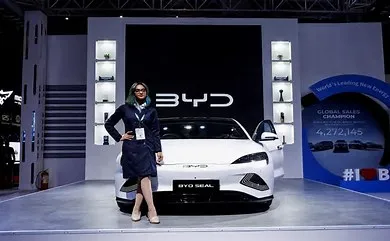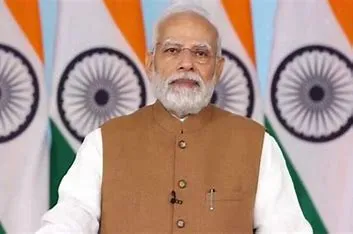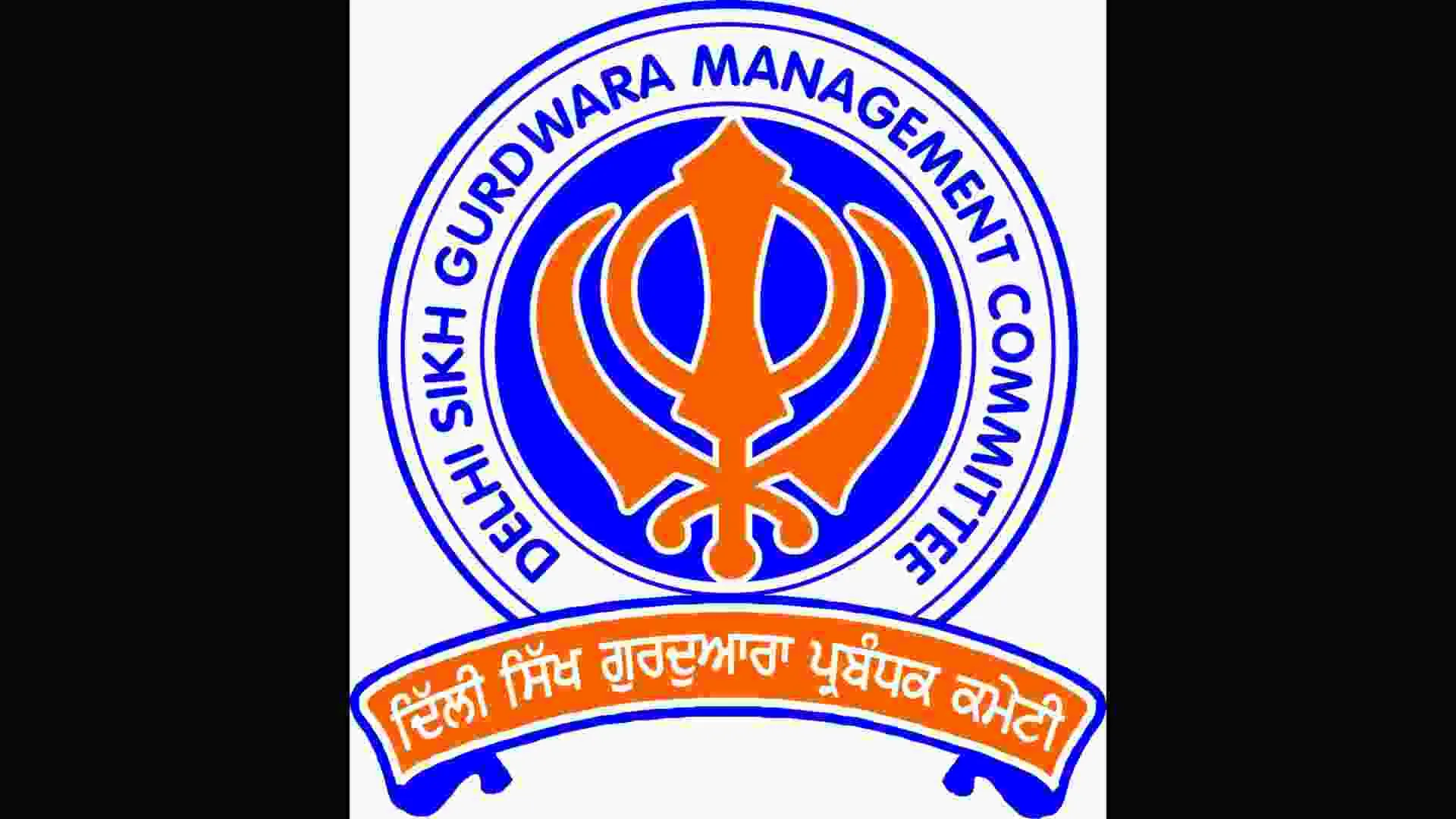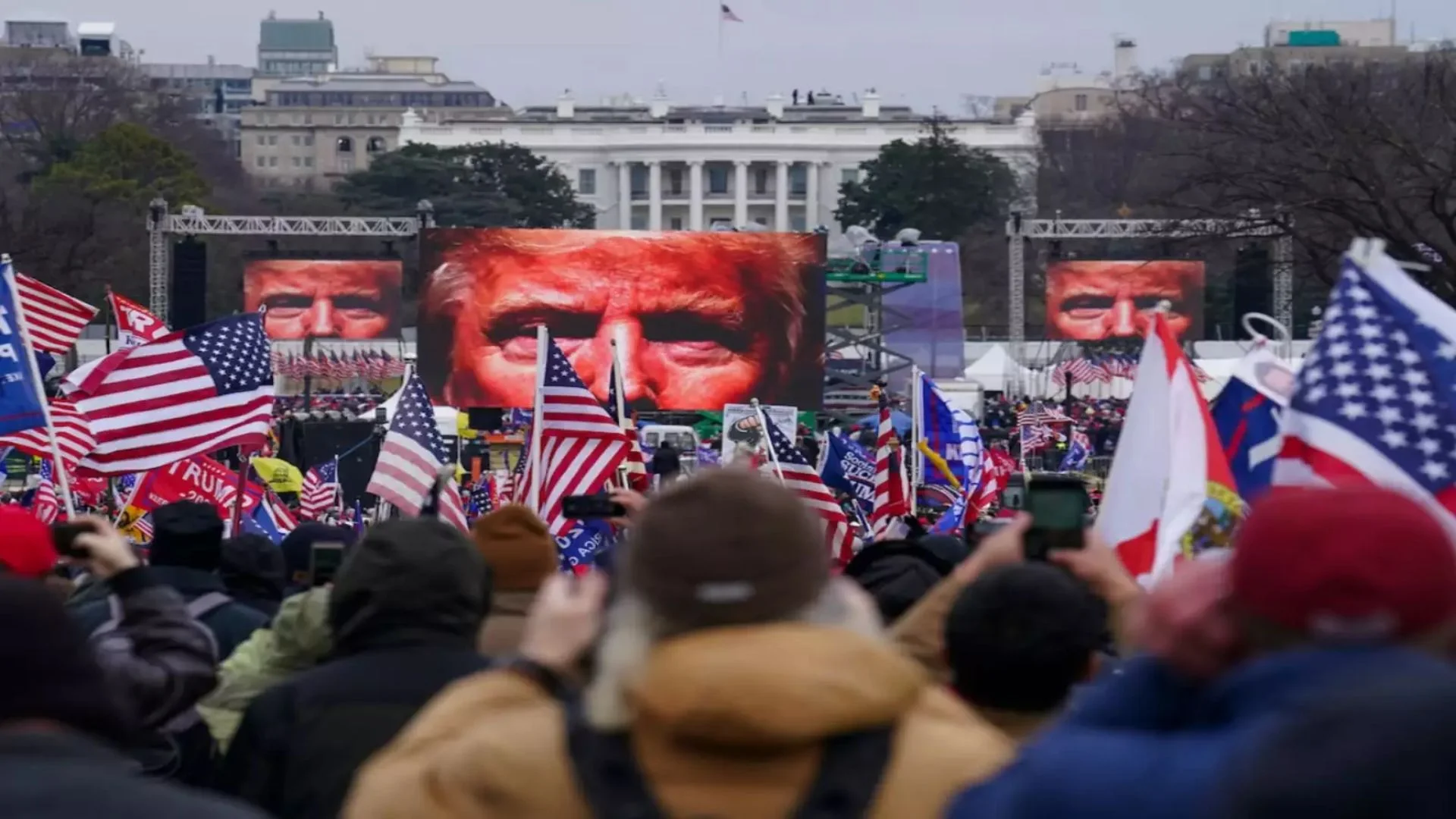China’s electric vehicle (EV) giant BYD has expressed a strong interest in setting up manufacturing operations in India. However, the company is waiting for “all factors” to align before making a definitive move. Rajeev Chauhan, Head of Electric Passenger Vehicles (EPV) Business at BYD India, emphasized that the plan is under constant evaluation.
Speaking at the Bharat Mobility Global Expo 2025, where BYD unveiled its premium electric SUV SEALION 7, Chauhan reiterated the company’s commitment to the Indian market.
No Impact from Visa Restrictions
Despite ongoing political tensions between India and China, including visa restrictions for Chinese nationals, Chauhan noted that BYD’s operations remain unaffected.
“We are operating smoothly in India with local talent and strong communication channels. There’s no significant impact on our daily activities,” Chauhan explained. He also pointed to a gradual easing of visa restrictions for technical experts from China, which has facilitated operations.
Indian Customers Embrace BYD Vehicles
Addressing concerns about consumer sentiment following past India-China border clashes, Chauhan highlighted the pragmatic approach of Indian customers.
“Indian consumers focus on the performance and trustworthiness of our products. We haven’t faced any bias against Chinese origins when it comes to vehicle purchases,” he said.
In 2024, BYD India sold 3,500 units, and Chauhan expects 2025 sales to surpass this number, thanks to a portfolio featuring four models: Atto 3, SEAL sedan, MPV eMAX7, and the newly launched SEALION 7.
Future Manufacturing Plans
BYD is currently importing vehicles like the eMAX 7 and SEAL sedan under the Economic Commission for Europe (ECE) certification, which limits imports to 2,500 units across models. With the Atto 3 homologated in India, this cap has been removed for that model, enabling greater sales potential.
Chauhan hinted at plans to homologate the SEALION 7 and SEAL sedan soon, depending on market response. “Homologation would allow us to meet growing demand without restrictions on imports,” he added.
While BYD’s earlier $1 billion proposal to establish an EV and battery manufacturing plant in collaboration with Megha Engineering and Infrastructures Ltd was not approved, the company remains optimistic about future opportunities.
Strong Growth Outlook for 2025
With its premium lineup and strategic approach, BYD is poised for significant growth in India. The company’s focus on delivering quality EVs tailored to consumer preferences ensures its continued acceptance in a competitive market.





















